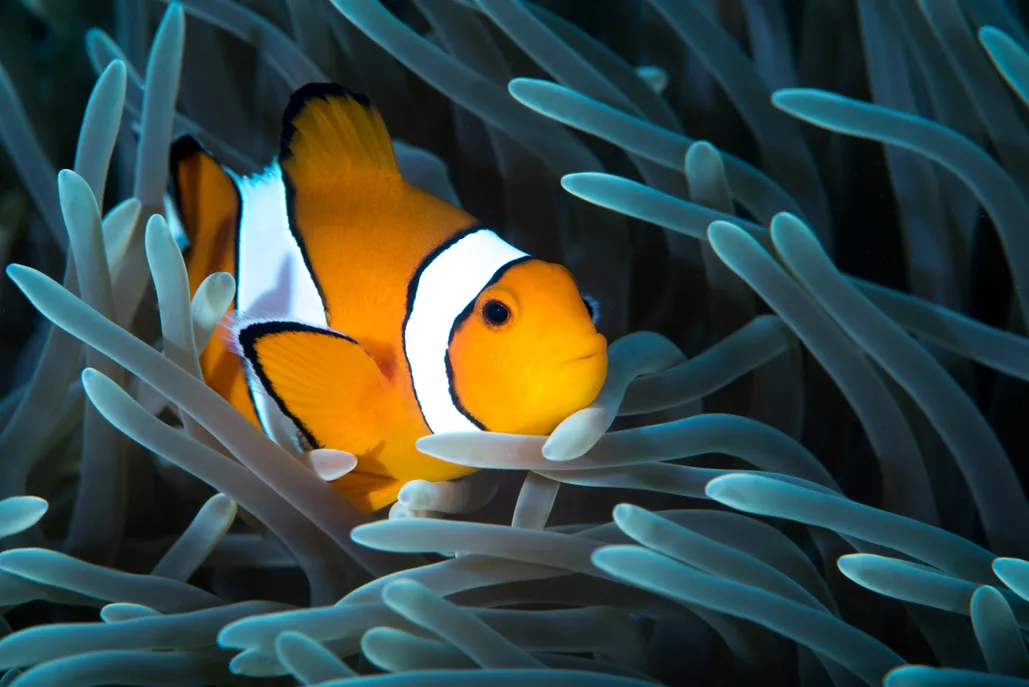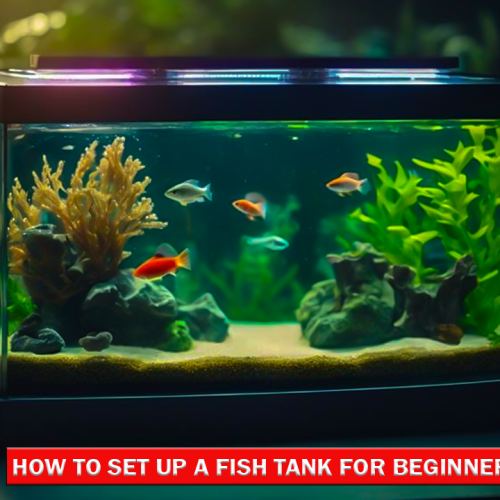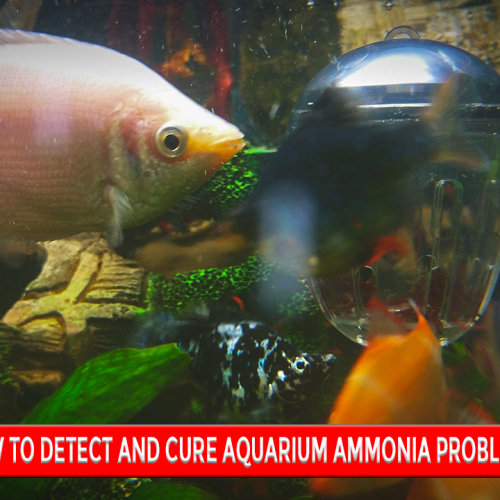Do Fish Sleep Amazing Secrets About Your Aquatic Pets
As such, sleeping is the most natural and essential phenomenon of almost every living creature, but regarding the fish, the concept is not the same as that found among humans and other mammals, as they do not have sleep like humans. They just do not close their eyes or snuggle up in a ball for a good nap. Their version of sleeping is unique and fascinating, really. Let’s dive into the world of aquatic slumber and uncover surprising facts about how fish rest.
Do Fish Really Sleep?
Yes, fish do sleep, but not like humans or other land animals. Fish go into a resting state in which their body functions slow down and they become less responsive to their environment. This time enables them to rest and recharge, even though they don’t close their eyes since most species of fish don’t have eyelids.
How Do Fish Sleep?
Floating Rest
Many fish will hover in place or find a stable location close to the rocks, plants, or substrate in their tank. They minimize movement and expend less energy by slowing down their metabolism.
Colour Changes
Parrotfish, for example, turn colour or even build a protective mucus cocoon for themselves as they sleep so that they don’t present an attractive target for predators. This is camouflage for safety.
Most fish, such as bettas and goldfish, remain still during their periods of rest, which makes them seem like they are daydreaming.
Circadian Rhythms
Fish have natural light cycles, and most are diurnal, meaning they are active during the day and sleep at night. Nocturnal fish, such as catfish and some sharks, are active at night and sleep during the day.
Do All Fish Sleep?
All fish need rest periods, but their sleeping habits differ by species, habitat, and lifestyle. For instance:
- Reef Fish: Usually hide in crevices to avoid predators when they sleep.
- Pelagic Fish: Swim continuously to maintain oxygen flow but enter a lower-energy state.
- Sharks: There are some species of sharks such as nurse sharks, that could stay in one position and sleep while others, great whites, have to swim around, but they get their rest by de-activating parts of the brain
How to Know If Your Fish Is Sleeping
 Monitoring the process of a fish’s sleeping is challenging, but there are some indicators to watch for.
Monitoring the process of a fish’s sleeping is challenging, but there are some indicators to watch for.
- Less Activity: The fish are floating or not moving around at all for long periods.
- Position Changes: Fish tend to lie near the bottom of the tank, hide in decorations, or float near plants.
- Lack of Response: When fish are sleeping, they are not easily responsive to external stimuli, like light or sudden movements.
- Prefer Dim Lighting: Fish prefer to rest during darker hours or when the tank lights are off.
While fish do rest and sleep-like behaviors, they are unlikely to dream like mammals. Dreaming has been associated with REM (rapid eye movement) sleep, which fish are not known to experience. Instead, their sleep is of a much simpler form.
How to Support Healthy Sleep for Aquarium Fish
Natural Light Cycle
Use a timer for your aquarium lights to replicate the natural day and night cycles. Most aquariums require 8-12 hours of light and 12-16 hours of darkness.
Hiding Places
Add plants, caves, and decorations that allow your fish to hide and feel secure while resting.
Less Disturbance
Try not to make loud noises, change the light frequently, or tap on the tank since it will disturb them during rest.
A healthy tank environment supports better sleep. Regularly check and maintain water parameters like temperature, pH, and cleanliness.
Conclusion
Fish don’t sleep like humans, but a resting habit that is unique to their requirement for survival is essential. Understand this behavior and create an ambiance in your aquatic pets to encourage them to thrive, giving respect to their need to be in a safe environment or habitat.
FAQs (frequently-asked questions)
Yes, most fish sleep with their eyes open because they lack eyelids.
Some species, like sharks and certain open-water fish, rest while swimming slowly to maintain oxygen flow.
Nocturnal fish, such as catfish, rest during the day, usually hiding in dark areas of the tank.
While fish can survive interruptions in their rest periods, prolonged stress or lack of rest can weaken their immune system and lead to health issues.
Fish may sleep during the day because of illness, stress, or changes in their environment. Look for other signs of distress.




